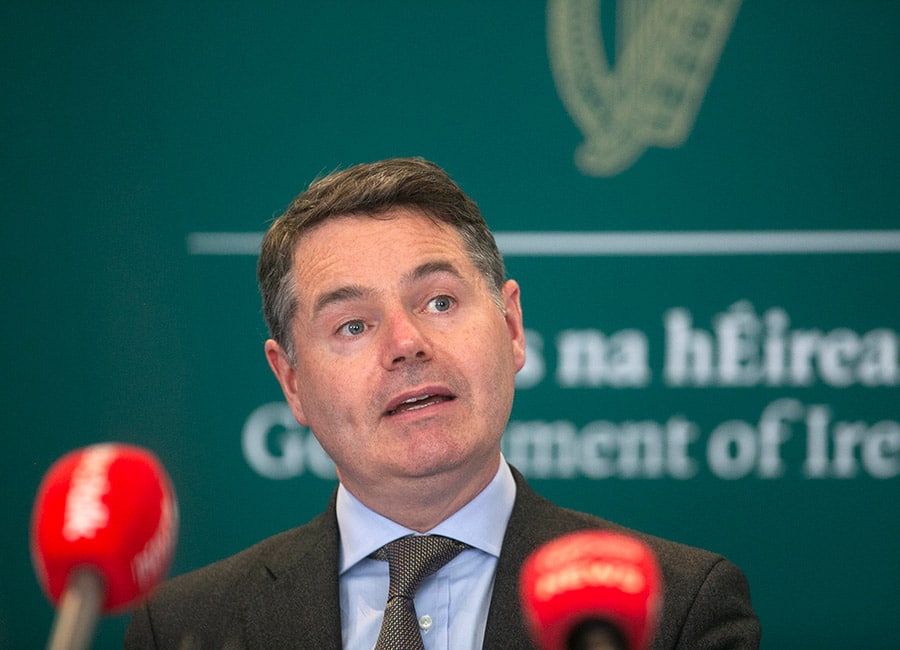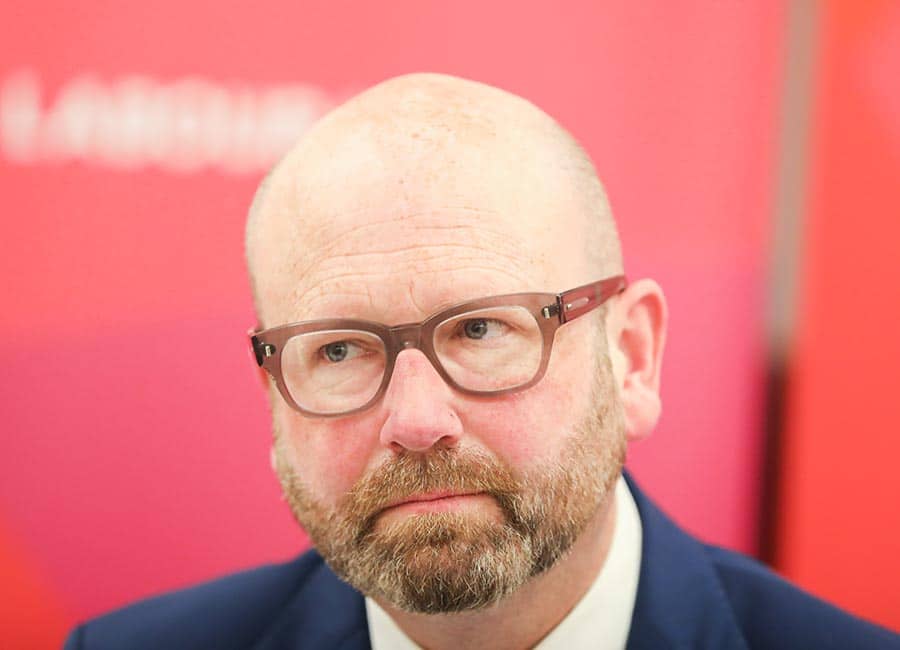Levies that Irish banks pay back for their central role in Ireland's €67.5billion bailout have fallen significantly in the past three years, it has been revealed.
In 2021, the Bank of Ireland made €1.4billion in profits and AIB made €645million.
But in the same year, the amount they paid to the State in levies dropped by 60%. The extent of the fall emerged after Labour finance spokesman Ged Nash asked the Minister for Finance for "the amount raised annually by the bank levy since it was introduced in 2014 and the projected yield in 2022".
The response by Paschal Donohoe revealed that the amount of the levy imposed on the banks in 2021 was €64million, which is approximately 60% lower than the supposed €150million they should pay. Mr Donohoe also predicted the payment for 2022 was expected to be €87million, which is approximately 40% lower than the proposed €150million target.
The Department of Finance has been traditionally hostile to the levy, claiming that it is simply passed on to customers in charges and fees.
Explaining the fall, Minister Donohoe told Mr Nash: "When the levy was first introduced, it was decided that the yield would be maintained at a fixed amount of approximately €150million every year. To arrive at this fixed amount, the charge is based on a percentage of Deposit Interest Retention Tax (DIRT) paid by certain financial institutions in a specified base year."
Mr Donohoe said the current reduction in the charge had occurred because "as Ulster Bank and KBC Bank are in the process of leaving the Irish market, both are excluded from the charge for 2022".
"This means that the charge will raise approximately €87million in 2022, instead of €150milion," he said.

In yet another bonus for Ireland's bankers, Minister Donohoe said: "In the event the deposits associated with Ulster Bank's and KBC Bank's levy are transferred to another institution prior to the payment due date in October 2022, those deposits will not be subject to the levy either."
Mr Donohoe also revealed: "In 2014 to 2016 the Government collected €435million and €300million for 2017-2018."
As the banks returned to profitability, the amount taken in the levy declined. The levy for 2019-2020 was €118million yet this declined still further to €64million in 2021. In 2022, the modest take is expected to continue with a slight rise to €87million. One source noted: "The Government is nearly taking more in sugar tax than from the banks."
A separate series of questions by Mr Nash revealed the State is also faring equally poorly when it comes to dividends from State shareholdings in banks.
Mr Nash asked the Minister for Finance about the yield to the State in each of the past five years from dividends from the State shareholdings in banks and the projected yield in 2022. Mr Donohoe stressed: "In answering the Deputy's question, I should note that a recommendation to pay dividends is the sole responsibility of the board and management of the banks.
"I am precluded from intervening in commercial and operational decisions in any particular bank, even one in which the State has a shareholding and as such it would not be appropriate for me to speculate on the projected dividend yield for 2022."
Mr Donohoe also added: "I also wish to highlight that ECB guidance in relation to the Covid-19 pandemic in March and December 2020 impacted on dividend distributions for 2020 and 2021."
None of the banks paid a dividend during 2021.
However, Mr Donohoe said: "The total yield to the State across the past five years from dividends from the State shareholdings in banks is €689million."
AIB paid €232million in 2018 and €328million in 2019 while Bank of Ireland paid €17million and €24million respectively.
PTSB have never paid a dividend and all dividends were suspended during Covid.








